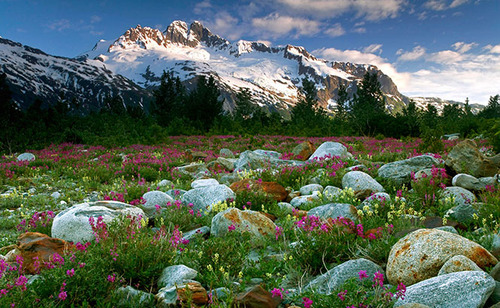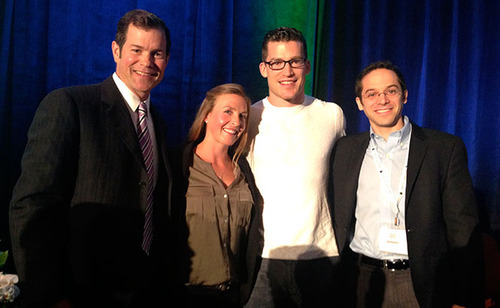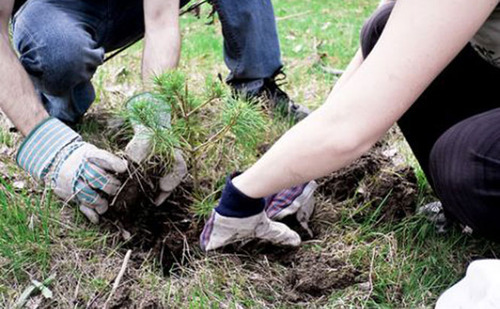
Remember, Healthy Earth = Healthy You!
The third annual Green Sports Alliance Summit took place in New York City last week, and this three day event brought together a strong showing of very enthusiastic and environmentally passionate people. Protect Our Winters and Burton nominated me to speak on a panel of athletes who are “Stepping Up to Bat for the Planet.” I walked away from this event inspired to share 10 ways we can help our communities become more green and sustainable.
-Kimmy Fasani, B4BC Team Rider

1. Green Your Lighting: As light bulbs burn out in your house, replace them with compact florescent light (CFL) bulbs. These are energy conserving bulbs that will last much longer and will use less electricity than your normal bulbs. Fact: If every American replaced just one light bulb with an Energy Star CFL bulb, the energy saved could light more than 2.5 million homes for a year. (Southern California Edison)
2. Limit Meat Intake: I’m not saying that you need to become a vegetarian, but learn more about the meat you eat and where it comes from. Is it factory farmed, organic, and/or grass fed? Fact: Currently, to produce 1 pound of beef, the farmer needs 13 pounds of grain and an estimated 2,500 gallons of water. Also, a 2006 report by the Food and Agriculture Organization (FAO) for the UN estimated that around 18 percent of worldwide human-caused GHG emissions were the result of livestock. (Vegucated)
3. Get Moving: The more we use our bodies to get around the cleaner the air will become. Can you bike to work one day a week? Instead of driving somewhere to meet friends, could you walk or bike? Spend a day in your local park, get outside, exercise, and explore your city without using your car.
4. Plant A Tree: Gather a group of friends for a BBQ and plant a tree in your backyard. Then carry on the tradition at your friend’s house. This seems simple, but one tree can offset tons of carbon throughout its lifetime. Imagine what you can do for the environment if you plant a few around your community.
5. Buy Local and Organic Produce: Search your community calendar to find local famers markets or look for stores in your town that carry produce from local farms. If we support local farmers the food will hold more nutritional value, and will burn less fossil fuel getting to us. Overall, this will strengthen our local economy and your body will thank you, too.
6. Choose Reusable: Whether it’s your water bottle, shopping bag, to-go container, or hand towel vs. paper towel, we can greatly minimize our impact on the environment if we think twice and choose reusable items.
7. Conserve Water: Water is something we cannot live without, but we are so careless with it. Try to be conscious about how long you leave your water running when you’re doing dishes, brushing your teeth, or even running your shower. Fact: Did you know that less than 1% of all the water on earth can be used by people? The rest is salt water (ocean water), waste water, or is frozen. Communities across the country are starting to face challenges in maintaining healthy and affordable water supplies and that’s why it’s more important than ever to use our water wisely and not waste it. (EPA)

8. Say No to Plastic Straws: “500 million straws are used and disposed of daily in the USA” – Simply Straws.This statistic is frightening and these little plastic things are far from necessary. If each of us requests no straw next time we go into a restaurant this number will slowly start to dwindle. If you love straws, check out reusable ones here.
9. Less Packaging: When making purchases, try to buy items with less packaging, and/or with packaging that your community recycles. Instead of buying individually wrapped snacks, buy a full box and use Tupperware to divide out portions.
10. Be Trash Aware: What if you had to wear your trash on your back for a day, or a week? Would you change what you consumed? This was an experiment that the leaders of the summit participated in and I was so inspired to rethink certain products I buy.

For the full article, please visit Burton Girls







